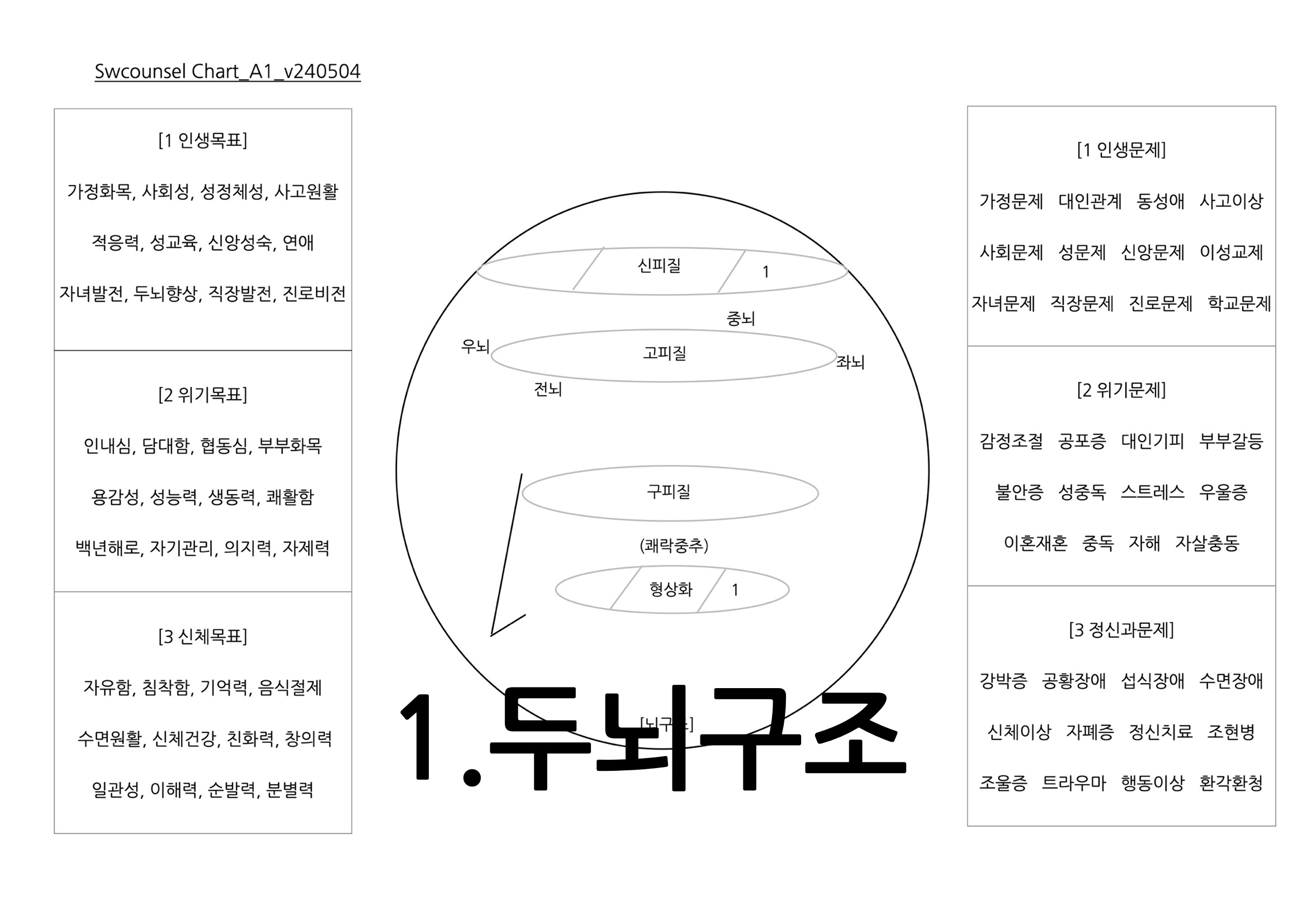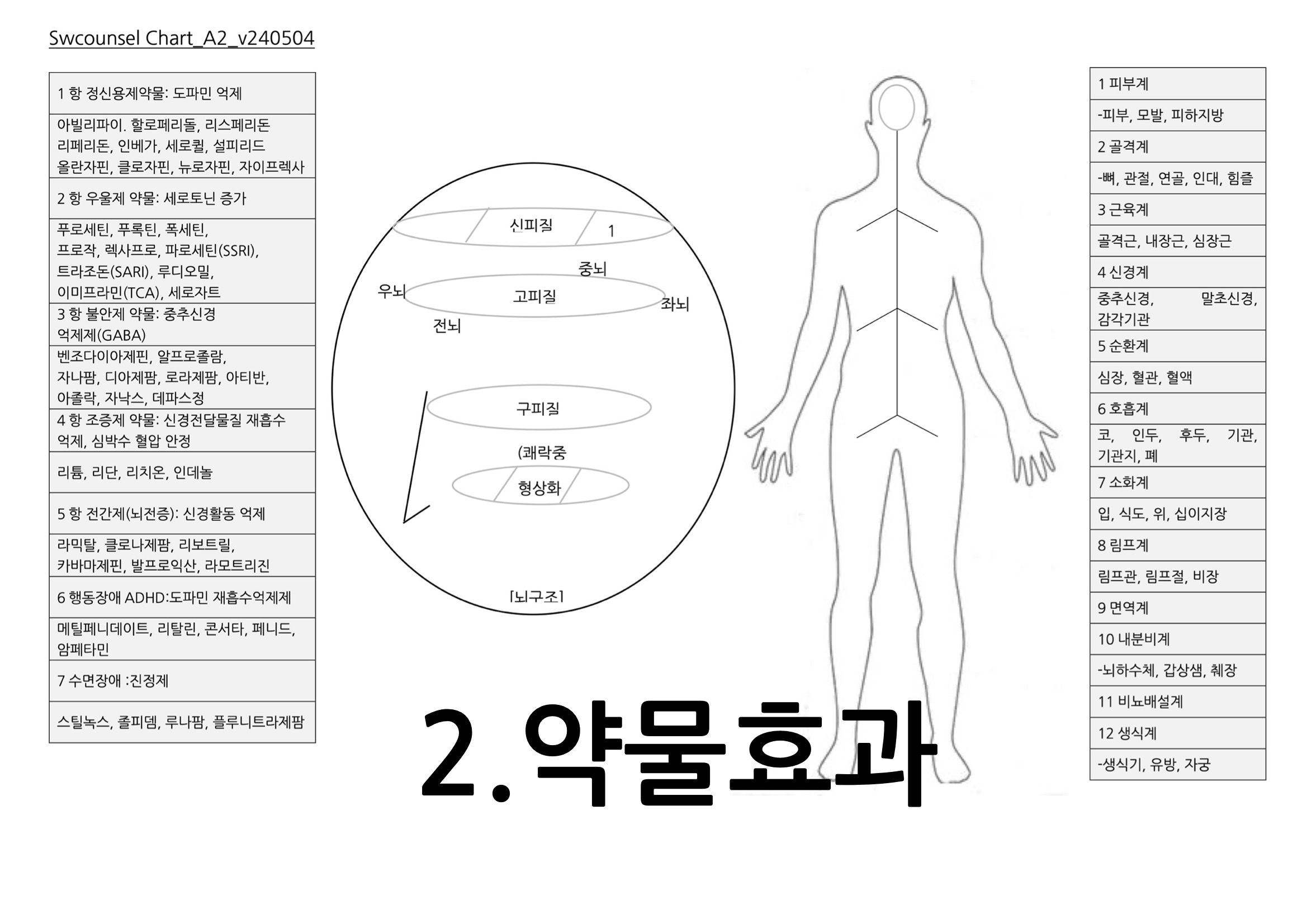WTS (미국 웨스트민스터 신학대학원) | CCEF (기독교 상담 교육 재단)
[f통찰해석] [CCEF] Counseling and Physiology Class: Post 2 Asperger’s Syndrome (상담 및 생리학 수업 : 아스퍼거 증후군) Counseling and Physiology Class: Post 2 (Asperger’s Syndrome)
“Each of you should look not only to your own interests, but also to the interests of others” (Philippians 2:4). Fairly straightforward command— right? But consider this question: do we all have the same baseline ability to obey this command? Might there be individual differences among us that make this command either easier or more challenging to carry out? Last week in class we discussed the case study of Josh, a 12 year old boy having problems in youth group. He is awkward socially and tends to hang out by himself. He is difficult to engage in conversation unless he is talking about his great interest in The Lord of the Rings (and then it feels more like a lecture than a true give-and-take conversation.) He seems oblivious to the needs of others and often makes brutally honest comments like, “That haircut makes you look stupid” or “It doesn’t seem like you were prepared for Bible study tonight”—not the kind of comments that win friends! So, what is Josh’s problem? Is he simply selfish and uncaring? Is he merely arrogant and full of self-concern? How would you speak into his life? Now, what if I told you Josh was recently diagnosed with Asperger Syndrome (AS)? Would that change your approach? AS is the name given to describe a constellation of struggles including (1) social impairment (difficulties interpreting social cues, poor use and interpretation of nonverbal cues in relationships, lack of emotional reciprocity) and (2) narrow interests and repetitive adherence to certain routines. AS falls on the autistic spectrum and is considered a developmental disorder of childhood (although many are now diagnosed as adults). What seems to be lacking to a significant degree in these strugglers is a “theory of mind”—the ability to recognize and understand thoughts, beliefs, desires and intentions of other people in order to make sense of their behavior and act accordingly. Put in everyday language, people who meet the criteria for AS have difficulty putting themselves in other people’s shoes. They struggle to have an empathetic response. Most of us (“neurotypical” counselor types, that is!) take this response for granted. But we still find Philippians 2:4 difficult to obey in our family and church relationships, don’t we? We may read the need of a person accurately, we may know what is wise and loving in the moment, but choose not to act. What if someone like Josh has less ability to “read” people? What if he has more baseline difficulty ascertaining what would be most helpful and appropriate in a given relationship at a given time? What if he is overlooking people out of ignorance and not just out of rank and willful disregard? Perhaps we will find that Josh is more righteous than we are! To be sure, the command applies to both Josh and to us. And it is true that we always need to address motives of the heart that make putting others first difficult to do, whether a person has AS or is neurotypical. But some of the ways we help Josh grow in others-centeredness may look different than with someone who doesn’t share the same constellation of interpersonal weaknesses. We might have to break Philippians 2:4 into “bite size” pieces of love, patiently teaching Josh even basic social skills that we take for granted and embedding those seemingly mundane practices in the story of Jesus Christ, who “made himself nothing” to redeem us (Philippians 2:6-8). So, do you have a Josh in your life? Are you taking into account potential bodily and brain-based weaknesses/differences that may shape your ministry approach? Taking the time to understand Josh holistically and to patiently instruct him is a very real application of Philippians 2:4!
The Doctor Is IN - Part 2, a Blog Post by Mike Emlet (ccef.org)
| |||||||||||||||










